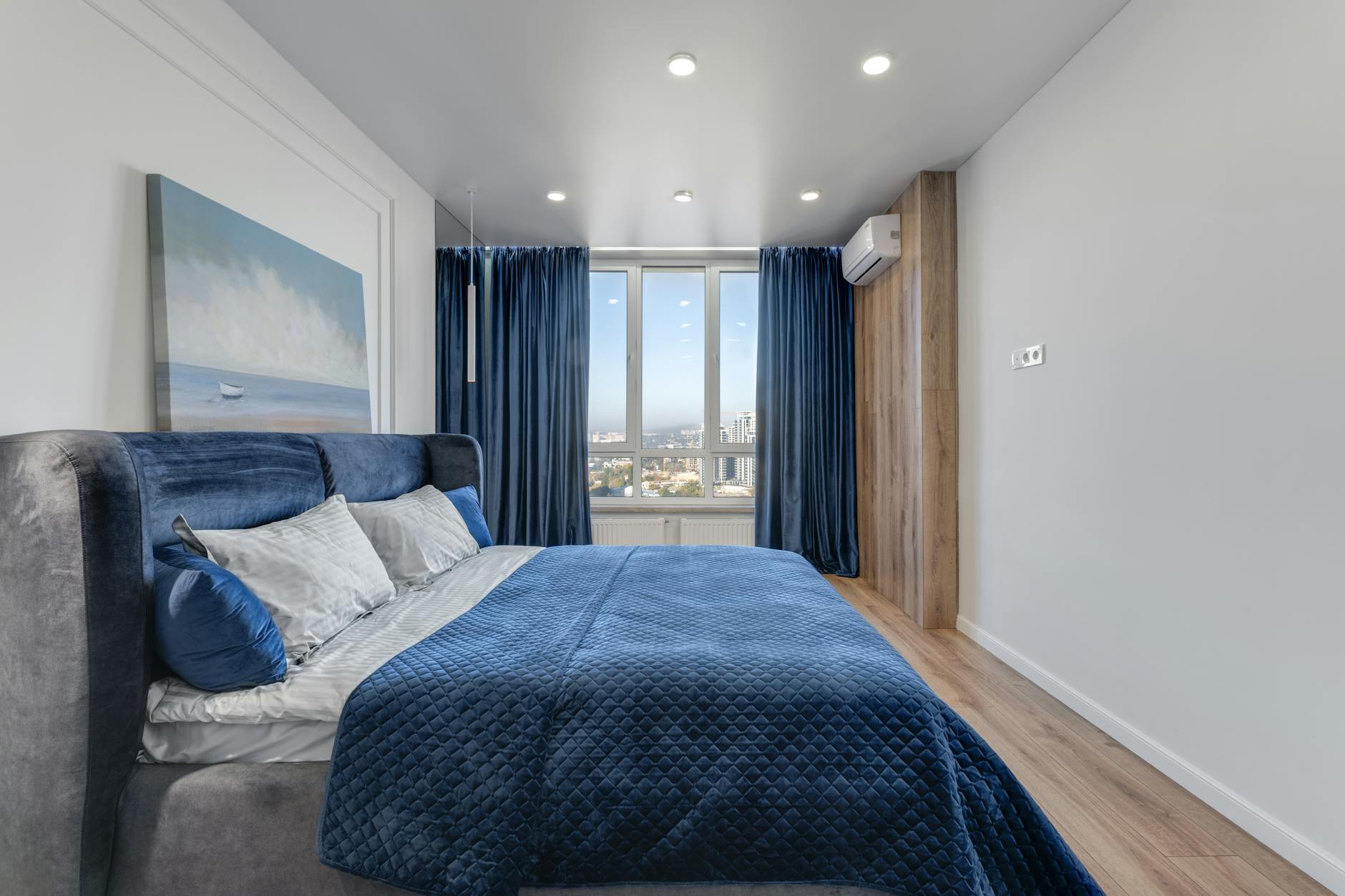Beyond the Blue Light: How Your Evening Entertainment May Be Stealing Your Sleep
Experts suggest content, not just screens, plays a critical role in sleep disruption.
For years, the primary culprit behind sleepless nights has been the ubiquitous screen. The blue light emitted by smartphones, tablets, and televisions has been widely blamed for disrupting our natural sleep-wake cycles. However, emerging research suggests that the content we consume before bed might be just as, if not more, detrimental to achieving a restful night. This shift in understanding is prompting a reevaluation of our bedtime routines and offering new avenues for improving sleep quality.
A Brief Introduction On The Subject Matter That Is Relevant And Engaging
The ritual of winding down before sleep often involves engaging with digital devices. While the physiological impact of blue light on melatonin production is a well-established phenomenon, a growing body of expert opinion points to the psychological and emotional effects of what we watch as a significant, yet often overlooked, factor in sleep disruption. This evolving perspective highlights the complex interplay between our minds, our environment, and our ability to fall and stay asleep.
Background and Context To Help The Reader Understand What It Means For Who Is Affected
Historically, discussions around screen time and sleep have focused heavily on the physical properties of light emitted by electronic devices. Blue light, with its short wavelengths, is known to suppress the production of melatonin, a hormone crucial for regulating sleep. This can delay the onset of sleep and reduce the overall quality of rest. However, this narrative is expanding to encompass the cognitive and emotional stimulation that different types of content can provide. For individuals who struggle with insomnia, anxiety, or difficulty transitioning from wakefulness to sleep, this broader understanding is particularly relevant. It suggests that simply reducing screen time might not be enough if the chosen content continues to engage the brain in ways that are counterproductive to sleep.
Dr. Carol Ash, a respected sleep expert with RWJBarnabas Health, is at the forefront of this reexamination. She emphasizes that the mental engagement triggered by various forms of media can have a profound impact on our ability to relax and prepare for sleep. This is not limited to any specific demographic, but rather affects anyone who uses screens before bed, regardless of age. However, those already prone to sleep disturbances or experiencing high levels of stress may find their sleep particularly vulnerable to these content-driven disruptions.
In Depth Analysis Of The Broader Implications And Impact
The implications of this evolving understanding are far-reaching. If the narrative of sleep disruption is indeed more nuanced than solely a matter of blue light, then our societal habits surrounding pre-sleep entertainment may require significant adjustment. Consider the types of content commonly consumed before bed: news updates can induce anxiety, thrilling dramas can heighten alertness, and even seemingly innocuous social media feeds can trigger comparison and FOMO (fear of missing out). These forms of engagement keep the brain in an active, rather than a receptive, state for sleep.
This goes beyond individual sleep hygiene; it touches upon the broader public health implications of widespread sleep deprivation. Chronic sleep loss is linked to a host of serious health issues, including impaired cognitive function, weakened immune systems, increased risk of cardiovascular disease, and exacerbated mental health conditions. By failing to acknowledge the role of content, we may be missing a critical piece of the puzzle in addressing these public health challenges. The ease with which we can access a constant stream of stimulating content makes this a particularly insidious form of disruption. It’s a subtle creep into our lives that can have cumulative negative effects on our well-being.
Key Takeaways
- While blue light from screens is a known sleep disruptor, the content consumed before bed is increasingly recognized as equally, if not more, impactful.
- Mentally stimulating or emotionally charged content can prevent the brain from entering a relaxed state conducive to sleep.
- Common pre-sleep activities like watching news, engaging with dramas, or scrolling social media can contribute to sleep problems.
- Addressing sleep issues may require a more holistic approach that includes careful consideration of pre-sleep content choices.
What To Expect As A Result And Why It Matters
As this understanding gains traction, we can anticipate a shift in recommendations from sleep experts and health professionals. The focus will likely move from simply advising against screen use to encouraging more mindful content consumption before bed. This could translate into curated lists of “sleep-friendly” media, further research into the specific impact of different genres, and a greater emphasis on digital detox periods before sleep. The importance of this lies in empowering individuals with more effective strategies to improve their sleep hygiene. Better sleep has a cascading positive effect on all aspects of life, from mood and productivity to physical health and overall well-being.
Ultimately, recognizing the power of pre-sleep content is crucial for regaining control over our sleep cycles in an increasingly connected world. It moves us beyond a single, easily quantifiable factor (blue light) to a more nuanced understanding of how our digital lives interact with our biological needs. This shift matters because it offers actionable insights that can lead to tangible improvements in quality of life for millions of people struggling with sleep.
Advice and Alerts
To foster better sleep, consider these practical strategies:
- Content Curation: Opt for calming or educational content that does not induce strong emotions or require intense mental processing. Think documentaries about nature, gentle podcasts, or audiobooks with a soothing narrative.
- Wind-Down Routine: Establish a consistent routine at least an hour before bed that excludes screens altogether. This could include reading a physical book, taking a warm bath, gentle stretching, or meditation.
- Limit Stimulating Content: Avoid news, action-packed movies or TV shows, intense video games, and emotionally charged social media discussions in the hours leading up to sleep.
- Blue Light Filters: While not a panacea, utilizing blue light filters on your devices can still be beneficial as a supplementary measure.
- Mindful Scrolling: If you must use a device, be mindful of the content you are consuming. Set a timer and be aware of how it makes you feel.
Alert: If you experience persistent sleep difficulties, it is always advisable to consult with a healthcare professional. They can provide personalized advice and rule out any underlying medical conditions.
Annotations Featuring Links To Various Official References Regarding The Information Provided
- The Importance of Sleep Hygiene and Environmental Factors – The Sleep Foundation offers comprehensive information on sleep and its relationship with light and environment.
- NHS Inform: Trouble Sleeping – The National Health Service (NHS) provides guidance on sleep problems and tips for improving sleep.
- Harvard Health Publishing: Blue Light and Sleep – A detailed article from Harvard Medical School discussing the impact of blue light on sleep.
- RWJBarnabas Health – A prominent healthcare system where Dr. Carol Ash practices, offering insights into their approach to sleep medicine.


